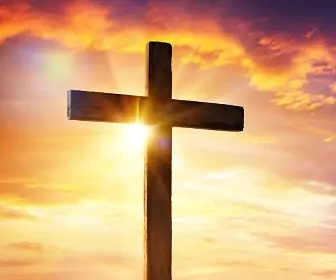
There is a growing feeling among Diaspora men that their counterparts, Diaspora women, are not good for them to marry. If this feeling becomes universal, it could lend extinct the Kenyan identity within the Diaspora. According to some, Kenyan women are “pure” before they embark on the search for whatever in the Diaspora. Once they taste the wine, gourmet cooking, and get a paying job in the Diaspora, they transform themselves into other forms of female. According to one professor, they change from being “Village” female to “urban” female.
I wanted to know what the definition of a village female is. I have heard many words thrown around, but “Village” female? My! I therefore sat down with the PhD who was throwing that word around. He was in Nairobi to see his new bride. He decided to go back to Kenya to get a wife: A “village” female. The guy has lived in the United States for over 20 years. He has gone to school and managed to get a PhD. That explains his “head damage”. He told me to reflect back to my village. This I did. He told me to make an observation of the women in the village.
My observation comes from a missionary perspective (Good Christian Women like my late mother). However I have interacted with the surrounding neighborhoods and I believe I am qualified to observe: Freedom of sight? I told him about these women at soko mjinga. They wake up at 4 am. They put on a t-shirt, three browses, two sweaters, leg warmers, long dresses and two pears of sock. They put on a knitted hat, a scuff and they venture out. Before they leave the house, they prepare their children for school. They leave their husbands to finalize their dreams! They carry a gunia of sukuma wiki, or carrots, onions, spinach, or other vegetables. Some of their husbands come home at 11pm and cannot find the door. Some of them did not even know where they are so they ask, “Niku guku” (where the hell is this). Did I say hell, sorry . . .too much TV. These women open for them.
The women join tens of others at the market on the busy Nakuru – Nairobi road. Soko Mjinga is at an elevation of 8,500ft. The mornings are cold. These women chase cars all day. They run to any vehicle that stops, sticks their vegetables through the window hoping to sell all their stock. They stay there until 7 pm. Then they go home to their children who spend the day in school. Without complaining, they get the firewood in the back of the house. They make a fire, and with tears from the smoke, they feed their children. Yes, and they keep some ugali aside for the husband. They heat water and bath their children, then sleep. They do this every day! They represent my definition of “village” female, as he calls them.
As to the “urban” female, they are on utube and face book so they do not need any definition. Just to say they also wake up, go to work in un-comfortable matatus. After a busy day in the office, they head home stopping by a kiosk to buy milk and chopped sukuma. They also cook for their children, bath them, put them to bed and do this every day, but Saturdays and Sundays. Yes and they feed their husbands!
The PhD, though agreeing with my observation, told me that I had forgotten one important thing. They are submissive! According to him, the village female is the woman who comes home from working like the Limuru donkey. Then she finds her husband at home sitting on the ‘men’s’ chair. She goes straight to the kitchen to make him chai. Then she embarks on all the things these hard working Kenyan women do in the evening. To him, the village female does not represent the activity, but the mentality! What?
I wanted to meet this ‘village’ female he travelled from the United States to marry. We planned a meeting. I got to Java House for coffee early and ordered my Latte. Then they came in. The ‘village’ female was wearing pointed shoes, had make-up like the Citizen TV anchors, blackish, or reddish lipstick, and a top which showed half of her . . . what do you call them? Yap, those things! She wore tight black jeans and she said she wanted a mocha! Yes, and she had a smart phone! I looked at my friend, and in my heart I said, ‘good luck’!
Teddy Njoroge Kamau (PhD) Leaguekenya.org








